Apples last about 4 to 6 weeks in the fridge. Proper storage can extend their freshness and flavor.
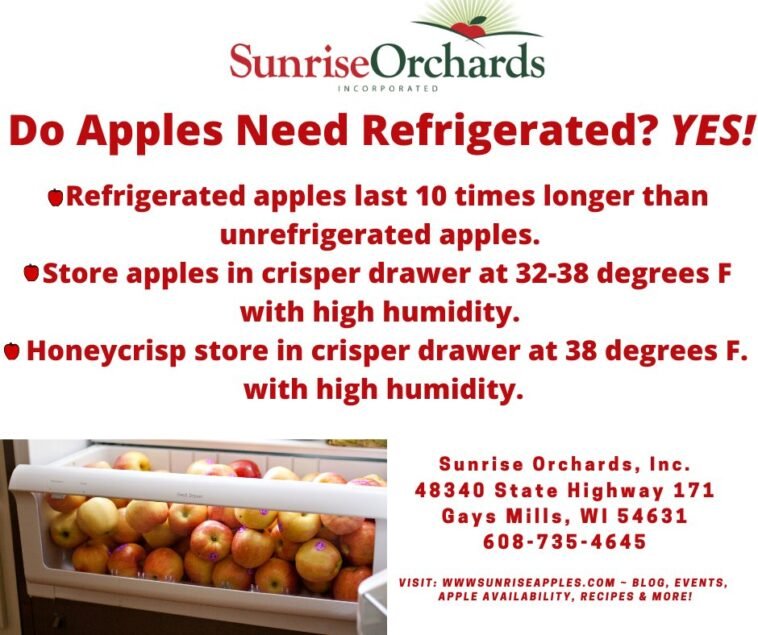
Apples are a popular fruit known for their crisp texture and sweet taste. It is important to keep them fresh for as long as possible to enjoy their full nutritional benefits. Storing apples in the fridge significantly prolongs their shelf life. This method helps maintain their crunchiness and prevents spoilage.
Keeping apples in a cool and humid environment is essential to maximize their longevity. Placing them in a plastic bag with holes or in the crisper drawer works best. Always inspect apples for bruises or damage before storing them, as damaged apples spoil faster. Keep your apples fresh and delicious by following these simple storage tips.
Factors Affecting Apple Shelf Life
Understanding the factors that impact apple shelf life can help you keep your apples fresh for longer. Several elements, such as apple variety and storage conditions, play a crucial role. Let’s explore these factors in detail.
Apple Variety
Different apple varieties have varying shelf lives. Some types stay fresh longer than others.
- Honeycrisp: Known for its long shelf life, up to three months.
- Granny Smith: Stays fresh for about two months.
- Red Delicious: Typically lasts for one to two months.
- Fuji: Can remain fresh for up to two months.
Storage Conditions
Proper storage conditions are essential for extending the shelf life of apples.
| Condition | Impact on Shelf Life |
|---|---|
| Temperature | Keep apples at 32°F (0°C) for optimal freshness. |
| Humidity | High humidity prevents apples from drying out. |
| Ventilation | Good airflow helps prevent mold and rot. |
| Container | Use breathable bags to maintain freshness. |
By paying attention to these factors, you can enjoy fresh apples longer. Proper storage and choosing the right variety are key.
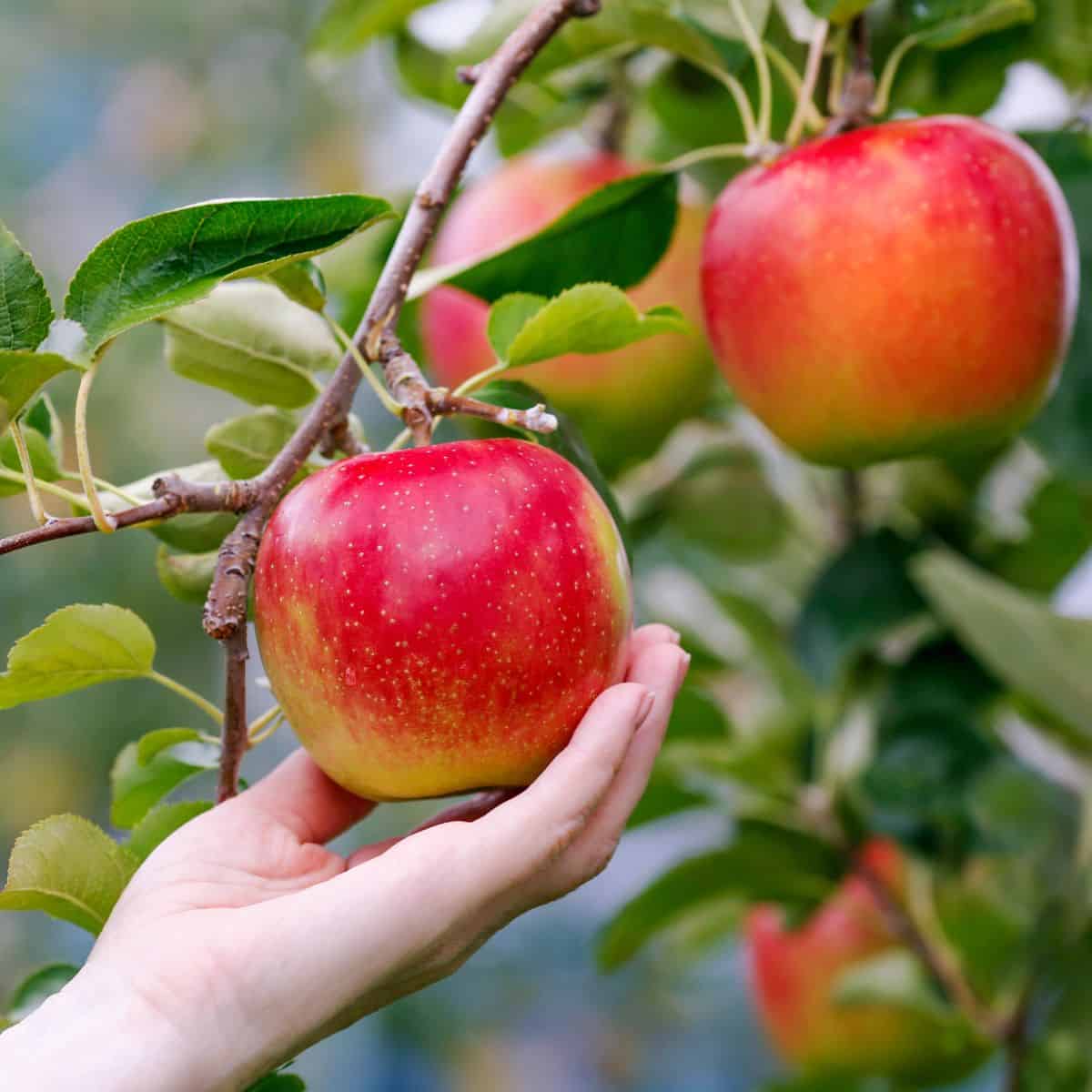
Credit: www.plattertalk.com
Ideal Fridge Temperature
Storing apples in the fridge helps them last longer. The ideal fridge temperature is crucial. It ensures apples stay fresh and crisp.
Optimal Range
The best temperature range for storing apples is between 32°F and 40°F (0°C to 4°C). This range slows down the ripening process. It prevents apples from becoming mushy.
Keeping the temperature steady is also vital. Fluctuations can cause spoilage. Always aim for a consistent temperature within this range.
Monitoring Temperature
Use a fridge thermometer to check the temperature. Place it near the apples. This helps ensure the right conditions.
Regular checks are important. Make sure the fridge stays within the optimal range. If the temperature rises or falls, adjust the fridge settings immediately.
Here’s a simple table for quick reference:
| Temperature (°F) | Action |
|---|---|
| 32°F – 40°F | Ideal, keep it steady |
| Above 40°F | Lower the fridge temperature |
| Below 32°F | Raise the fridge temperature |
Follow these steps to keep apples fresh longer:
- Set fridge temperature between 32°F and 40°F.
- Use a fridge thermometer.
- Check the temperature regularly.
- Adjust settings if needed.
Maintaining the right temperature is key. It ensures your apples stay fresh and delicious.
Proper Storage Techniques
Storing apples in the fridge can extend their shelf life. Proper storage techniques help keep apples fresh and tasty. Here, we’ll cover two key methods: using the crisper drawer and avoiding ethylene gas.
Use Of Crisper Drawer
The crisper drawer is the best place for apples in your fridge. It maintains the right humidity level for fruits and vegetables. Place apples in the crisper drawer to keep them fresh longer. Avoid overcrowding the drawer to let air circulate.
Use a plastic bag with holes to store the apples. This keeps the apples fresh by providing some airflow. Check the apples often to remove any that are starting to spoil. This prevents the spread of decay to other apples.
Avoiding Ethylene Gas
Apples produce ethylene gas, which can speed up ripening. Keep apples away from ethylene-sensitive fruits like bananas and berries. Separate apples from other fruits in the fridge. This helps all your produce last longer.
Use an ethylene gas absorber in your crisper drawer. It can help reduce the gas and keep apples fresh. You can find these absorbers online or in stores.
| Tip | Action |
|---|---|
| Use the Crisper Drawer | Place apples in the crisper drawer for best results. |
| Plastic Bag with Holes | Store apples in a perforated plastic bag. |
| Check Often | Remove any spoiling apples promptly. |
| Avoid Ethylene Gas | Keep apples away from ethylene-sensitive fruits. |
| Use Absorbers | Place ethylene gas absorbers in the crisper drawer. |
Credit: www.reddit.com
Signs Of Spoilage
Knowing the signs of spoilage can help you keep your apples fresh. Here are some key indicators to watch for when checking your refrigerated apples.
Visual Indicators
Look at the apple’s skin for any changes. Spoiled apples often have dark spots or mold. Discoloration is another red flag. If the apple has turned brown or black, it’s likely spoiled.
Check the stem area as well. Mold usually starts here. A white or blue mold means the apple is no longer good to eat.
Changes In Texture
Feel the apple with your hands. Fresh apples should feel firm and crisp. If the apple feels soft or mushy, it’s past its prime.
Press gently with your fingers. A good apple should not dent easily. If it does, the apple is likely spoiled.
Another way to test is by cutting the apple. The inside should be white or cream-colored. If it’s brown and mushy, the apple is spoiled.
Extending Freshness
Apples can last longer with the right storage methods. In the fridge, they stay fresh for weeks. Using specific techniques can extend their freshness even more.
Using Apple Wraps
Wrapping apples individually can help them stay fresh. Use a paper towel or newspaper to wrap each apple. This method reduces moisture loss and keeps apples crisp.
- Wrap each apple in a paper towel.
- Place wrapped apples in a plastic bag.
- Store the bag in the fridge’s crisper drawer.
Make sure to check wrapped apples regularly. Remove any that start to rot.
Humidity Control
Humidity plays a crucial role in apple storage. Apples need a humid environment to stay fresh. Most fridges have a crisper drawer with humidity control.
Set the humidity control to high. This setting helps maintain the right moisture level.
| Humidity Setting | Effect on Apples |
|---|---|
| High | Maintains moisture, keeps apples crisp |
| Low | Dries out apples, makes them soft |
Regularly monitor the humidity level. Adjust if needed to keep apples fresh.
Impact Of Pre-cut Apples
Pre-cut apples are convenient. But, they have a shorter shelf life. This section explores how cutting apples impacts their longevity. Learn about shelf life reduction and how to prevent browning.
Shelf Life Reduction
When you cut an apple, it exposes the flesh to air. This exposure speeds up the spoiling process. Whole apples can last up to two months in the fridge. Pre-cut apples last only 3 to 5 days.
| Storage Method | Shelf Life |
|---|---|
| Whole Apples | Up to 2 months |
| Pre-cut Apples | 3 to 5 days |
Preventing Browning
Cut apples turn brown quickly. This happens due to oxidation. Here are ways to keep them fresh:
- Lemon Juice: Coat the apple slices in lemon juice.
- Cold Water: Soak the slices in cold water.
- Airtight Container: Store them in an airtight container.
- Honey Water: Mix honey with water and soak the slices.
Use these methods to keep pre-cut apples fresh longer. This ensures they stay tasty and safe to eat.
Freezing Apples
Freezing apples is a great way to keep them fresh for longer. You can enjoy them months after harvesting. Follow these simple steps to freeze apples properly.
Preparation Steps
Before freezing, prepare the apples carefully. Clean them thoroughly under cold water. Remove any dirt or residues.
- Peel and Core: Peel the apples and remove the cores. This prevents bitter spots.
- Slice Evenly: Slice the apples into even pieces. This ensures uniform freezing.
- Prevent Browning: Dip the slices in lemon juice or a saltwater solution. This stops them from turning brown.
- Dry Thoroughly: Pat the slices dry with a paper towel. This avoids ice crystals forming.
- Arrange and Freeze: Lay the slices on a baking sheet in a single layer. Freeze for 2-3 hours.
- Store Properly: Transfer the frozen slices to airtight freezer bags. Label the bags with the date.
Thawing Tips
Thawing frozen apples correctly keeps their texture and flavor. Follow these tips for best results:
- Refrigerator Thawing: Place the frozen apples in the fridge overnight. This is the safest method.
- Cold Water Bath: Submerge the sealed bag in cold water. Change the water every 30 minutes.
- Microwave Thawing: Use the defrost setting on your microwave. Check frequently to avoid cooking them.
Freezing apples is easy and extends their shelf life. Enjoy them in pies, smoothies, or as snacks.
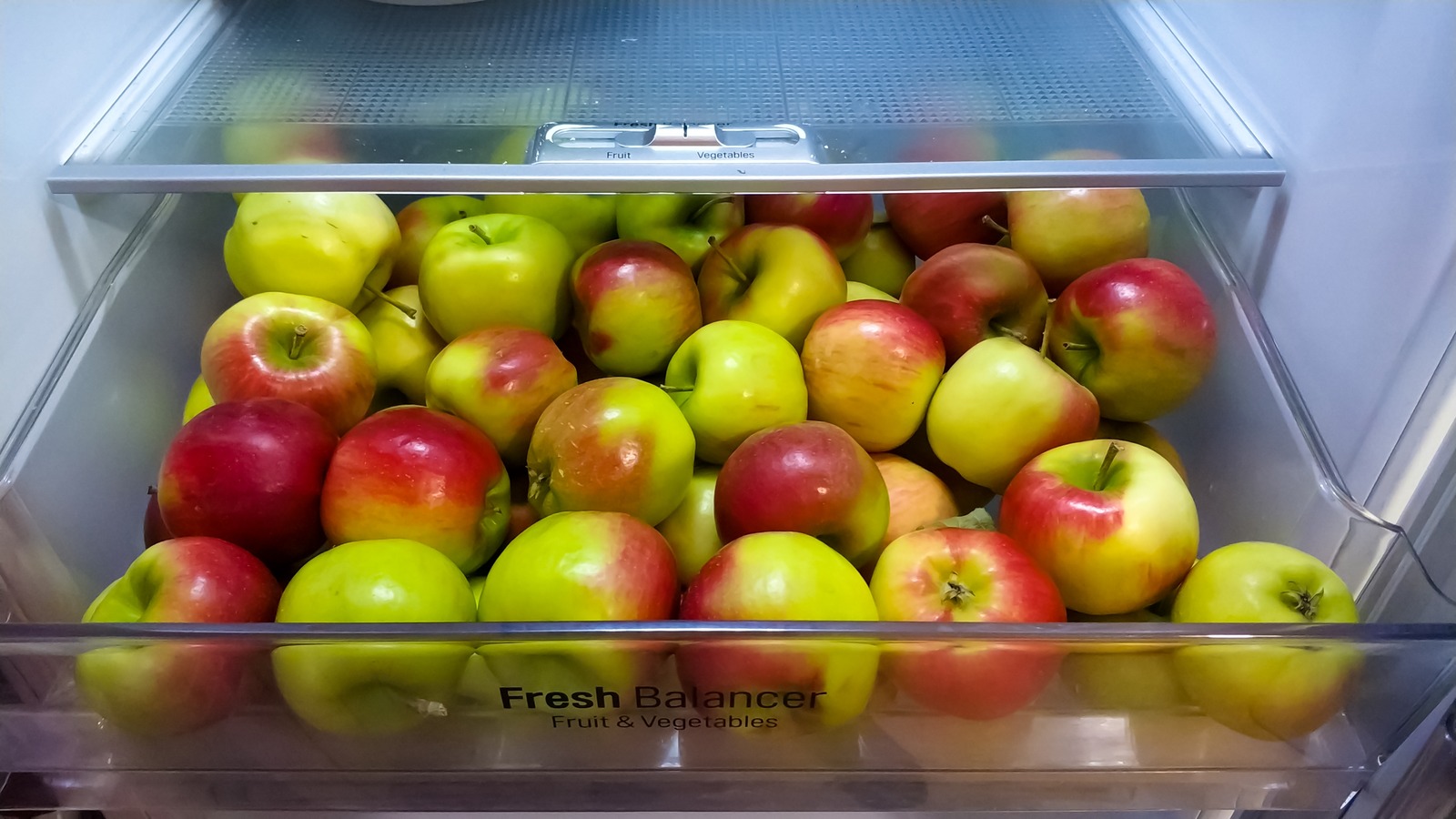
Credit: www.tastingtable.com
Health Benefits Of Fresh Apples
Fresh apples are not just delicious; they are also packed with nutrients. Eating fresh apples can boost your health in many ways. Let’s explore the health benefits of fresh apples.
Nutritional Value
Fresh apples are low in calories and high in fiber. A medium-sized apple contains:
| Nutrient | Amount |
|---|---|
| Calories | 95 |
| Dietary Fiber | 4 grams |
| Vitamin C | 14% of the Daily Value (DV) |
| Potassium | 6% of the DV |
| Vitamin K | 5% of the DV |
These nutrients support overall health and well-being.
Antioxidant Properties
Fresh apples are rich in antioxidants. These compounds protect your cells from damage. Some key antioxidants found in apples include:
- Quercetin
- Catechin
- Chlorogenic acid
Antioxidants help reduce inflammation. They also lower the risk of chronic diseases.
Eating fresh apples regularly can improve heart health. They also support brain function.
Frequently Asked Questions
Can Refrigerated Apples Go Bad?
Yes, refrigerated apples can go bad. They usually last 4-6 weeks. Check for softness, brown spots, or mold.
How Do You Know If An Apple Has Gone Bad?
Yes, refrigerated apples can go bad. They usually last 4-6 weeks. Check for softness, brown spots, or mold.
Can Apples Spoil Even When I Keep Them In My Refrigerator?
Yes, apples can spoil in the refrigerator. They last longer when stored properly, but they will eventually go bad.
How To Make Apples Last Longer In The Fridge?
Store apples in the fridge’s crisper drawer. Keep them in a plastic bag with holes. Separate from strong-smelling foods. Avoid washing before storing. Check regularly for spoilage.
Conclusion
Storing apples in the fridge can extend their freshness for up to six weeks. Always check for signs of spoilage. Proper storage ensures your apples stay crisp and delicious. Keep them in a plastic bag with holes for best results.
Enjoy fresh apples longer with these simple tips.
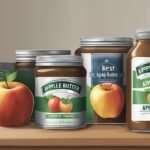
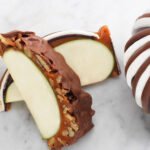
GIPHY App Key not set. Please check settings